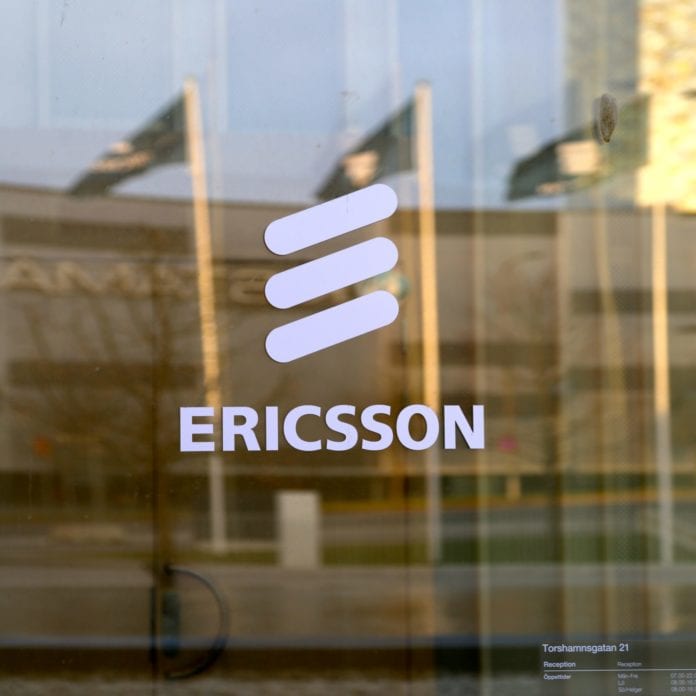In November 2021, Ericsson announced the acquisition Vonage in a $6.2 billion deal
Ericsson said it has completed its acquisition of Vonage Holdings, which will enable the vendor to offer a full suite of communications solutions including, Communications Platform as a Service (CPaaS), unified communications-as-a-service (UCaaS) contact-center-as-a-service (CCaaS).
To accelerate growth in Vonage’s UCaaS and CCaaS solutions, Ericsson said it intends to increase R&D investments and offer these solutions to CSPs, enabling Ericsson’s existing customers to sell through their own brands. Ericsson also plans to complement existing communications offerings to small and medium sized companies with the Vonage UCaaS and CCaaS solutions which will form a strong part of Ericsson’s offerings to both CSPs and enterprises.
Börje Ekholm, president and CEO of Ericsson, said: “We are excited to welcome Vonage as part of Ericsson. With Vonage’s suite of communications solutions – UCaaS, CCaaS and Communications APIs – Ericsson will further expand its offerings into the enterprise space. In the future, network capabilities will be consumed and paid for through open network APIs, creating the opportunity for unparalleled innovation. We have already launched the first network API, Dynamic End-user Boost, based on existing 4G infrastructure.”
“With Vonage, we will now develop and commercialize these new APIs. We are already seeing great progress with frontrunner CSPs, and we aim to launch the first 5G network APIs in the coming year. We will continue to create new, enhanced applications and services for enterprises, while driving continued innovation on Vonage’s UCaaS and CCaaS applications, helping businesses create new digital experiences for better communications, connections and engagement. 4G was the platform that allowed the consumer to digitalize. It opened new business models and created some of the fastest-growing companies in history. With 5G, we have an innovation platform, unlike anything we’ve seen before, offering almost limitless opportunities to develop super-fast, highly reliable, low-latency and mission-critical services. With 5G, we will see accelerated digitalization of enterprises with Vonage’s UCaaS and CCaaS suite being a solid growth platform,” Ekholm said.
The Swedish vendor also highlighted that the acquisition of Vonage will also further strengthen Ericsson’s presence and long-term commitment to the United States.
Rory Read, Vonage CEO, said: “This partnership will strengthen our offerings to businesses across the globe by leveraging Ericsson’s leadership in 5G, global market presence and strong R&D capabilities. With the demand for UCaaS, CCaaS and Communications APIs growing rapidly, the combined expertise, talent and innovation is good news for our customers and partners.”
Following the completion of the acquisition, Vonage will become a separate business area within the Ericsson Group – called Business Area Global Communications Platform (BGCP). Vonage will continue to operate under its existing name and brand being part of the Ericsson Group.
In November 2021, Ericsson announced the acquisition of Vonage in a $6.2 billion deal.
Ericsson had hoped to close the deal in the first half of 2022, but those efforts were derailed by the CFIUS, the government agency responsible for reviewing business and real estate transactions that involve foreign investment. U.S. regulators have put Ericsson under intense scrutiny for its involvement in a bribery scandal involving the militant Islamic group ISIS, operating in Iraq.
Ericsson admitted in a 2019 report that its executives may have made payments to ISIS as far back as 2011. The company noted that the investigation found serious breaches of compliance rules and its own code of business ethics.

